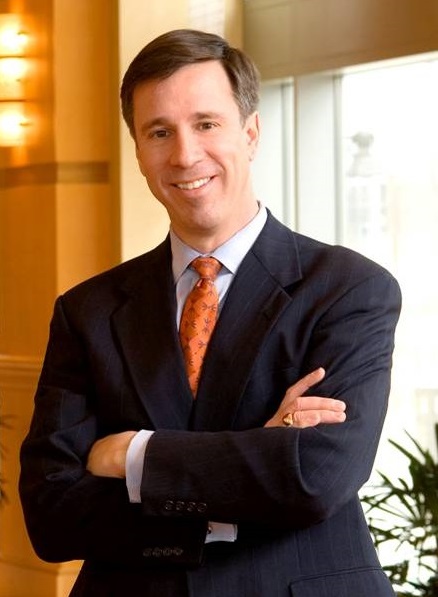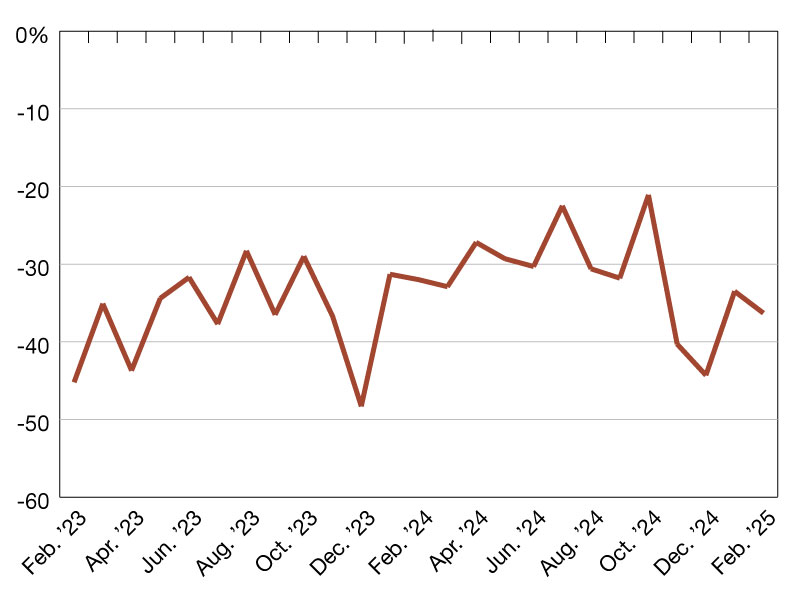Marriott-Starwood Marriage Back On
Marriott International has topped Anbang Insurance Group's bid to acquire Starwood Hotels & Resorts Worldwide, with an offer valued at $13.6 billion.
By Keith Loria, Contributing Editor
New York—The Marriott-Starwood saga continues, with the latest development revealing Marriott International Inc.‘s plan to buy Starwood Hotels & Resorts Worldwide Inc. is now back in action. Yesterday, the companies released an amendment to their definitive merger agreement, in which Marriott significantly upped its bid for Starwood, that will create the world’s largest hotel company.
Back in November, Marriott announced its plans to acquire Starwood for $12.2 billion, but a last-minute attempt from a consortium led by Anbang Insurance Group Co. on Friday presented a superior offer of $13.2 billion.
Marriott finally came back to Starwood with a counter-offer of $13.6 billion that sealed the deal.
The amended agreement states that Starwood shareholders will receive $21 in cash and 0.80 shares of Marriott International Inc. Class A common stock for each share of Starwood Hotels & Resorts Worldwide Inc. common stock.
“We are pleased that Marriott has recognized the value that Starwood brings to this merger and enhanced the consideration being paid to Starwood shareholders,” Bruce Duncan, Starwood Hotels & Resorts Worldwide chairman, said in a prepared release. “We continue to be excited about the combination of Starwood and Marriott, which will create the world’s largest hotel company, with an unparalleled platform for global growth in the upscale segment.”
The transaction values Starwood at approximately $13.6 billion (not including its timeshare business), consisting of $10 billion of Marriott International stock and $3.6 billion in cash. Starwood shareholders will own approximately 34 percent of the combined company’s common stock after completion of the merger, based on current shares outstanding.
“After five months of extensive due diligence and joint integration planning with Starwood, including a careful analysis of the brand architecture and future development prospects, we are even more excited about the power of the combined companies and the upside growth opportunities,” Arne Sorenson, Marriott International president & CEO, said in the release. “We are also more confident of achieving our updated target of $250 million of cost synergies.”
“At the end of the day, it shows that although recent press has been hard on the hospitality sector and particularly asset value, i.e., REIT valuation, fundamentals for the industry are strong as evident by the bidding for Starwood,” Marc Magazine, Savills Studley Hospitality Group executive managing director, told Commercial Property Executive. “(Marriott was enticed) by the ability to grow tremendously in scale without the proportional increase in costs.”
According to Sorenson, the company expects to accelerate the growth of Starwood’s brands, leveraging Marriott’s worldwide hotel development organization and owner and franchisee relationships.
“On the top line, combined sales expertise and increased account coverage should drive additional customer loyalty and increase revenue,” he said. “Hotel level cost savings should benefit owners and franchisees, including better efficiencies in reservations, procurement and shared services.”
Additionally, the company will have a broader global footprint and the most powerful frequent traveler programs in the industry, strengthening Marriott’s ability to serve guests wherever they travel.
But while the Marriott-Starwood deal is back on, some industry experts say the deal may still not happen.
Deborah Friedland, EisnerAmper LLP’s director, corporate finance practice, said she expects Anbang to counter the recent Marriott offer in a few days as the stock continues to decline in value.
“That being said, Starwood’s board is most concerned with delivering the best value to its shareholders, not what will be the best for Starwood preferred guests on a go-forward basis,” she told CPE. “Starwood’s board reconsidered Marriott’s offer, as it was higher than Anbang’s offer for now.”
As for what it means to the hospitality industry as a whole, consolidation, she noted, is active and should continue as organic growth.
“The industry has stabilized and traditional hotel companies continue to feel increased pressure for guests from technology platforms like Airbnb and Google,” Friedland said. “Consolidation is beneficial to hotel companies, as they can benefit from economies of scale, attract top talent through higher pay packages and control more product.”










You must be logged in to post a comment.